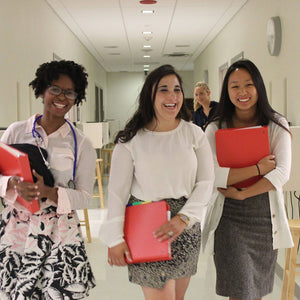
MedServe: A “Teach for America” for Healthcare
MedServe began in 2015 as nothing more than an idea scribbled on a napkin - a way to connect promising pre-med students with "rock-star" physician mentors.
The Problem
MedServe was created in 2015 to address gaps in the primary care pipeline. Our vision is to expose future doctors to primary care in rural and underserved NC communities that inspires them to become life-long champions of health equity. The US faces a primary care physician shortage that is projected to worsen over the next 10 years.This shortage disproportionately affects rural and socioeconomically disenfranchised communities. Adding one primary care doctor per 10,000 people in an underserved community has been shown to save lives - reducing all-cause mortality. Only 7% of current medical school graduates enter primary care. Most will train in large, urban academic centers and never confront how this shortage. It’s not surprising that most choose to work in clinics that look very similar to the places where they were trained. Our research has focused on understanding how to couple student & physician connections in a more productive way. Specifically, we’ve been looking at students during what is known as “professional identity formation.” That’s the period from late-college when students start making decisions in thinking about medical school. These students are actively seeking transformational experiences – they want to understand their place in medicine. But most of the experiences they find are specialty-focused, in big, college-affiliated hospitals, passive, with silent shadowing the classic example, and are very brief & light-touch. At the other end of the pipeline, we have focused our attention on what we call the “rock-star” primary care clinics with physicians who have avoided the burnout statistics.
The Solution
Our model begins with a 1:1 connection between a pre-health college graduate with primary care doctors in rural and other underserved communities across NC. MedServe Fellows spend 2-years of hands on experience directly serving these practices. They are active employees, getting clinical experience preparing them for medical or PA school. MedServe supports Fellows with upfront training and ongoing professional development curriculum. Fellows help clinics see over 60 more patients per month which creates the ability to expand access enormously. It occurs with an average 20% improvement in quality compared to baseline, meaning that increased care levels provides more value for low added cost. They also work on community health initiatives at their clinics, getting exposure to the community-wide impact they can make in primary care. For our clinics, the extra pair of hands a Fellow brings provided immediate human capital support. For Fellows, clinics provide front-line insight into what it means to serve people through a career in medicine and physician mentors who are already doing that. The “support” component of our model is a kind of scaffolding to help students contextualize what they’re seeing into a meaningful professional development experience. Long-term, the program is designed to encourage the next generation of primary care providers for the communities served. MedServe has developed a research-based algorithm to select Fellows for their potential for long-term service as a primary care providers in underserved communities. Service learning programs have long been demonstrated to address human capital shortages, but almost none of these programs have focused on utilizing service-learners in the delivery of primary care services. Research does show that spending extensive time working or learning in underserved communities is associated with a higher likelihood of primary care service long-term.
Stage of Development
- Early Stage
- Established Prototype
- Scaling
- Other
Organization to Receive Funds
MedServe





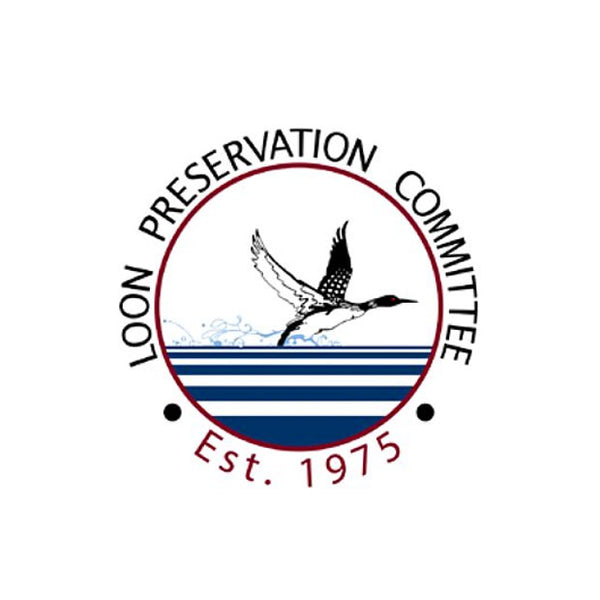

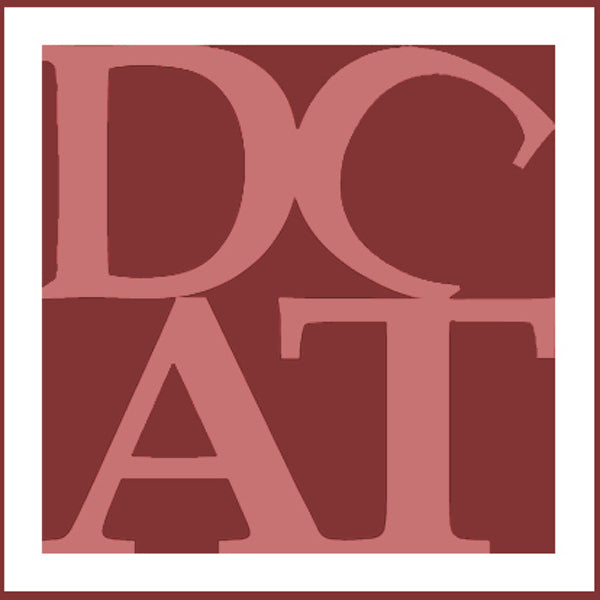
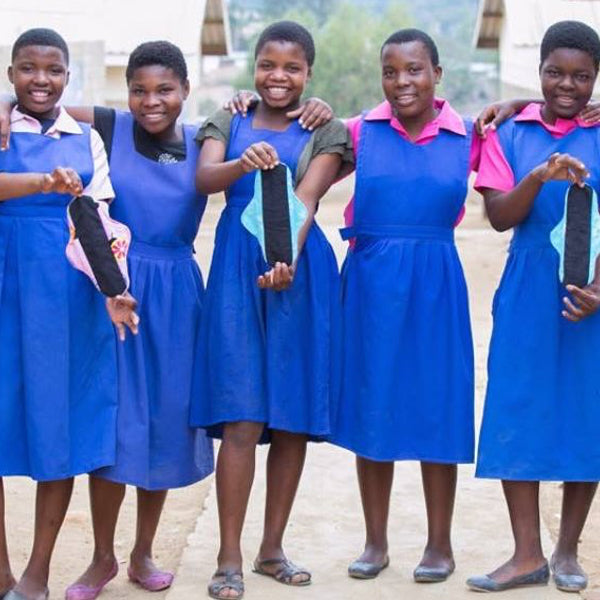


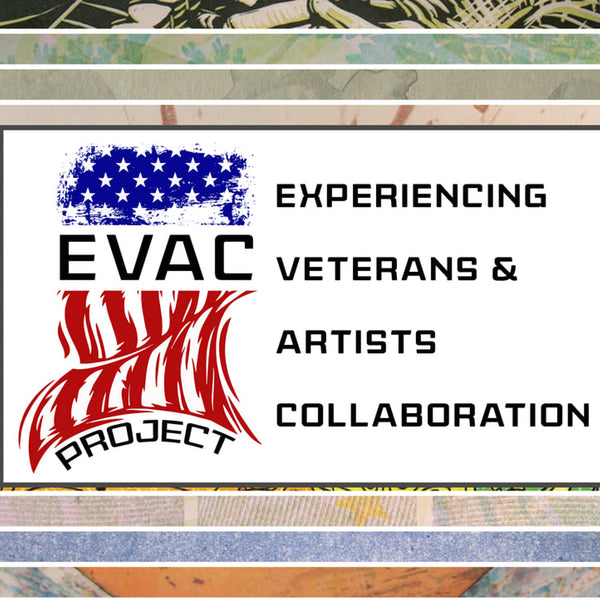


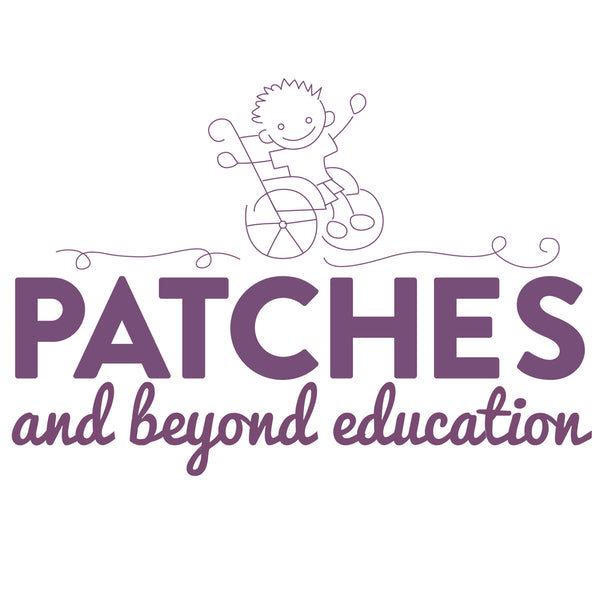
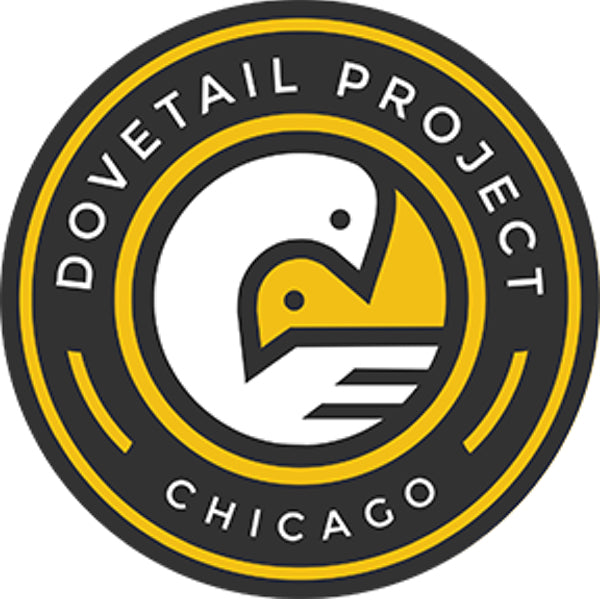



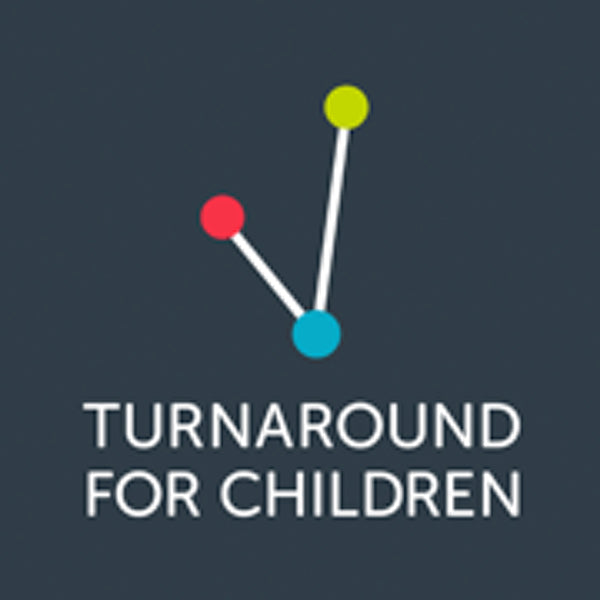
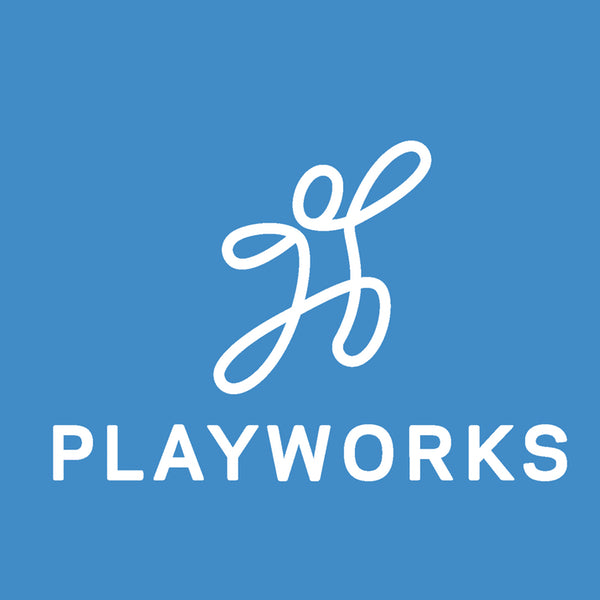
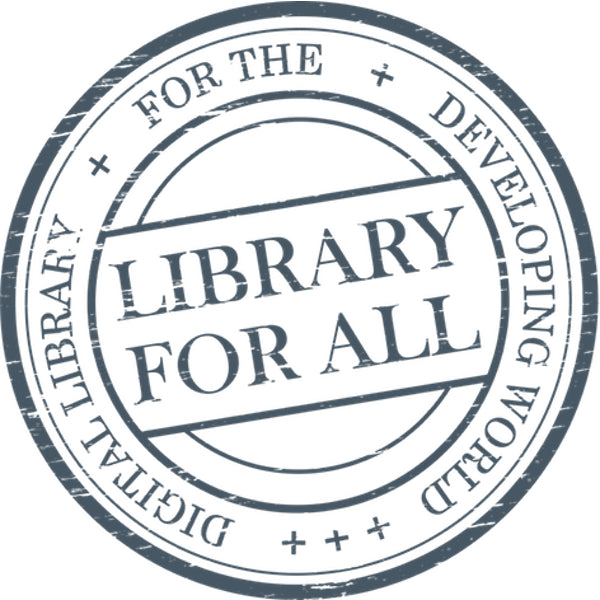
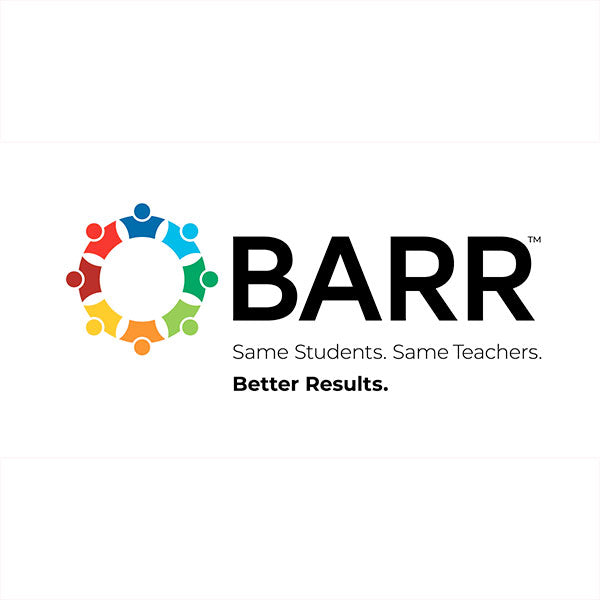

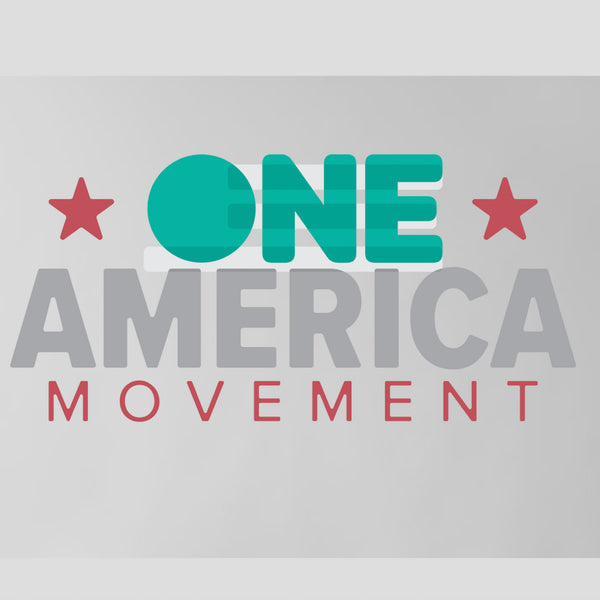

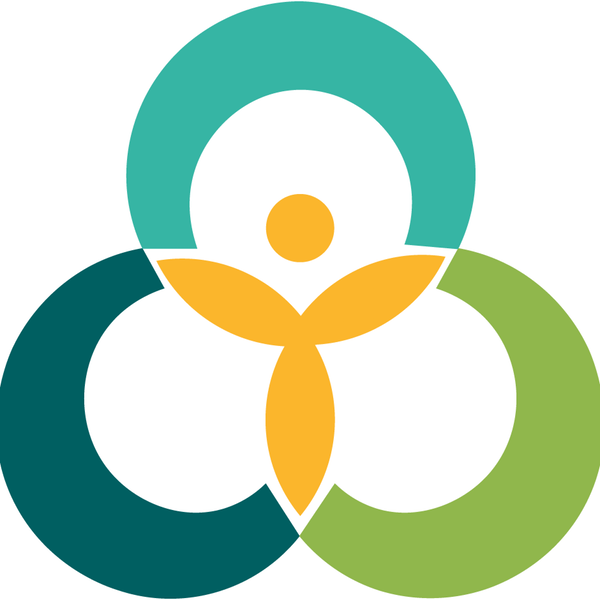


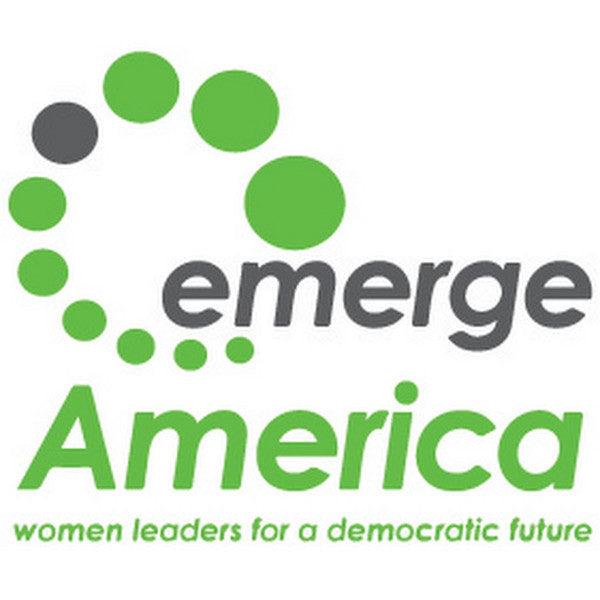


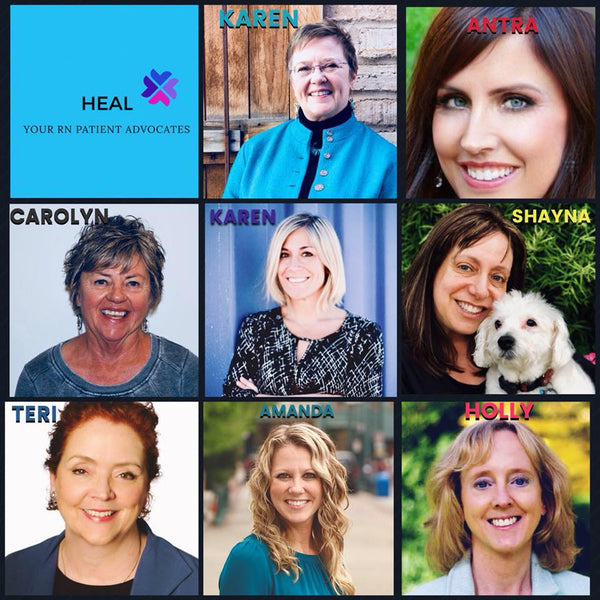

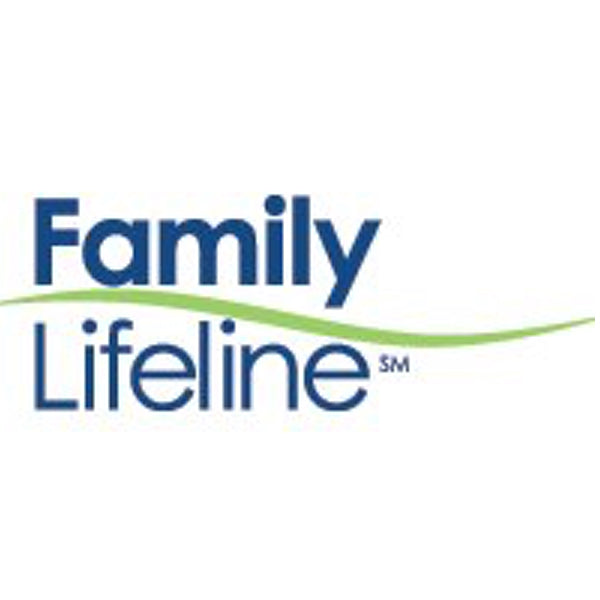



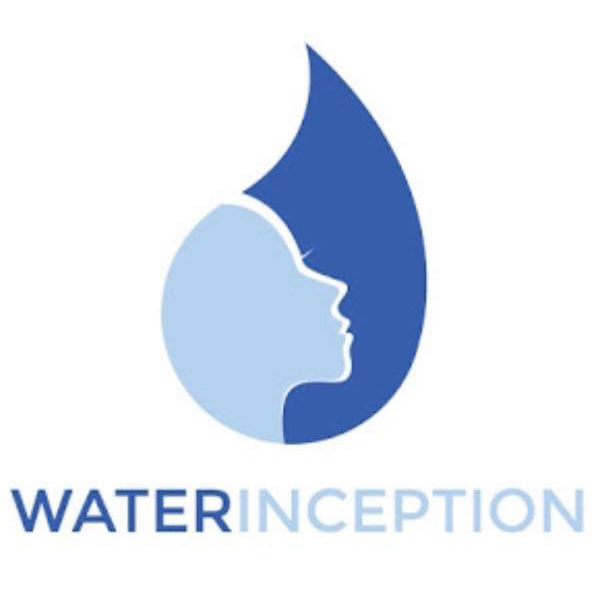


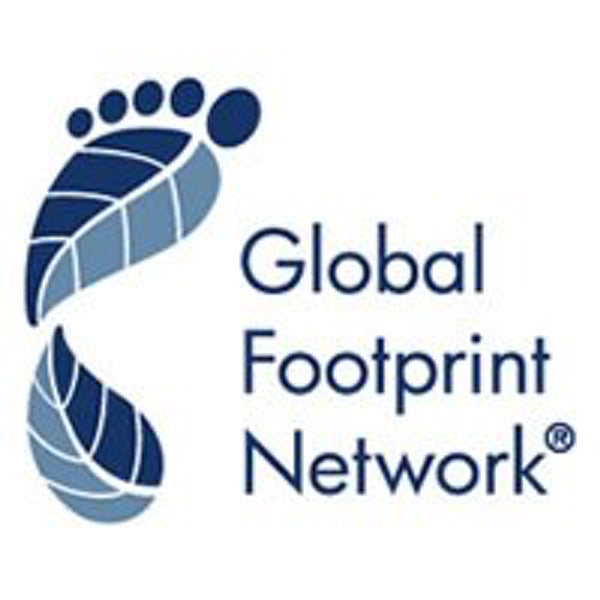


Join The Discussion